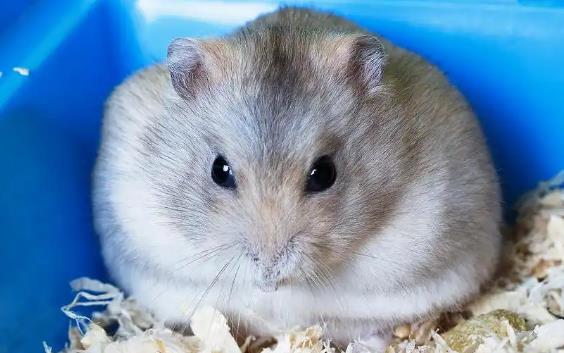It Can Be Saved, but Timely Rescue Is Needed
Whether a frozen hamster can be saved depends on the degree of being frozen stiff and the timeliness of the rescue. Here is the specific analysis and rescue methods:

1. Possibility of Rescue
- Can be saved with timely rescue: If the hamster has been frozen stiff for a short time and its internal organs have not been severely frostbitten, it can be saved through measures such as warming it up.
- Difficult to save if frozen stiff for too long: If it has been frozen stiff for an extended period, resulting in damaged internal organs, blood coagulation, or respiratory arrest, it cannot be saved.
2. Rescue Methods
- Warming-up Measures:
Use a hair dryer (in hot air mode) or a hot water bag to slowly warm up the hamster. Pay attention to keeping an appropriate distance to avoid scalding it.
Place the hamster in a warm environment, such as an incubator or wrap it in a towel.
- Replenish Energy:
Feed the hamster glucose water or warm water with a syringe to help it regain strength and body temperature.
- Observe the Recovery Situation:
When the hamster starts to breathe with its mouth open, stretch its limbs, or return to a normal posture, it indicates that the rescue is successful.
3. Precautions
- Keep Warm: After a successful rescue, continuous warmth should still be provided to prevent the hamster from being frozen stiff again.
- Avoid Secondary Injuries: Be gentle during the rescue process to avoid causing additional injuries to the hamster.
4. Preventive Measures
- Control of Environmental Temperature: Ensure that the temperature of the hamster's breeding environment is appropriate to avoid it being frozen stiff due to too low a temperature.
- Regular Inspections: In winter or in a low-temperature environment, regularly check the condition of the hamster and promptly detect any abnormalities.
In conclusion, whether a frozen hamster can be saved depends on the timeliness and method of the rescue. If you find that a hamster is frozen stiff, you should immediately take warming-up measures and replenish its energy. At the same time, pay attention to warmth preservation and preventive measures to increase the success rate of the rescue.
